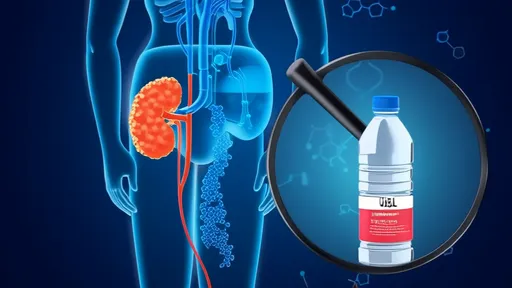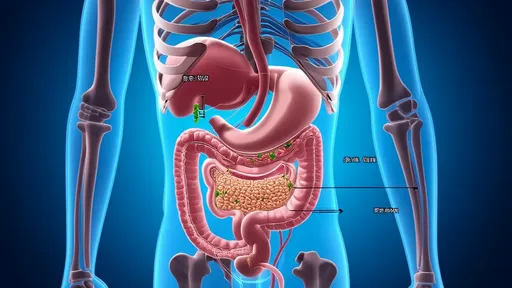It’s a scenario many of us are familiar with: a delicious meal, perhaps during a holiday feast or a celebratory dinner, leaves us feeling uncomfortably full. While occasional overeating might seem harmless, the question arises—can eating too much actually make you sick? And just how much can the stomach handle before reaching its limits?
The human stomach is an incredibly flexible organ, designed to expand and accommodate varying amounts of food. On average, an empty stomach has a volume of about 50 milliliters, roughly the size of a clenched fist. However, when you eat, it can stretch to hold up to one liter or even more, depending on the individual. This elasticity allows us to consume larger meals when needed, but it also means that pushing these limits can have consequences.
What happens when you overeat? The stomach’s primary function is to break down food and pass it along to the intestines for further digestion. When you consume more than your stomach can comfortably handle, several uncomfortable—and sometimes dangerous—symptoms can occur. Bloating, heartburn, and nausea are common immediate effects. In more severe cases, overeating can lead to acid reflux, where stomach acid flows back into the esophagus, causing irritation and pain.
Beyond discomfort, chronic overeating can contribute to long-term health issues. Regularly stretching the stomach may weaken its muscles over time, impairing its ability to contract properly. This can slow digestion and lead to conditions like gastroparesis, where the stomach takes too long to empty its contents. Additionally, excessive food intake is a key factor in obesity, which carries its own set of health risks, including diabetes, heart disease, and joint problems.
How much is too much? The stomach’s capacity varies from person to person, influenced by factors like age, genetics, and eating habits. Some competitive eaters train their stomachs to hold astonishing amounts—up to four liters or more—but this is far from normal and comes with significant risks. For the average person, consuming more than a liter of food in a single sitting is likely to cause discomfort, and consistently eating large volumes can strain the digestive system.
Interestingly, the brain plays a crucial role in regulating how much we eat. It takes about 20 minutes for the stomach to signal to the brain that it’s full. Eating too quickly can bypass this feedback loop, leading to overconsumption before the body has a chance to register satiety. This is why mindful eating—paying attention to hunger cues and eating slowly—can help prevent overeating.
The dangers of extreme overeating While occasional indulgence might not cause lasting harm, extreme cases of overeating can be life-threatening. One rare but serious condition is stomach rupture, where the stomach wall tears due to excessive pressure. This is a medical emergency requiring immediate surgery. Another risk is aspiration, where food is regurgitated and inhaled into the lungs, potentially causing choking or pneumonia.
Overeating can also place undue stress on other organs. The pancreas, for instance, may become overwhelmed trying to produce enough digestive enzymes, leading to inflammation or pancreatitis. The liver, tasked with processing nutrients, can become fatty if bombarded with excessive calories over time.
So, how can you avoid the pitfalls of overeating? Listening to your body’s signals is key. Eating slowly, savoring each bite, and stopping when you feel satisfied—rather than stuffed—can help maintain a healthy relationship with food. Portion control and balanced meals also play a role in preventing the discomfort and health risks associated with overindulgence.
While the stomach is remarkably resilient, it’s not invincible. Understanding its limits and treating it with care can go a long way in preserving digestive health and overall well-being. After all, food is meant to be enjoyed—not endured.

By /Aug 19, 2025

By /Aug 19, 2025

By /Aug 19, 2025

By /Aug 19, 2025

By /Aug 19, 2025

By /Aug 19, 2025

By /Aug 19, 2025

By /Aug 19, 2025

By /Aug 19, 2025

By /Aug 19, 2025

By /Aug 19, 2025

By /Aug 19, 2025

By /Aug 19, 2025

By /Aug 19, 2025

By /Aug 19, 2025

By /Aug 19, 2025

By /Aug 19, 2025

By /Aug 19, 2025

By /Aug 19, 2025

By /Aug 19, 2025